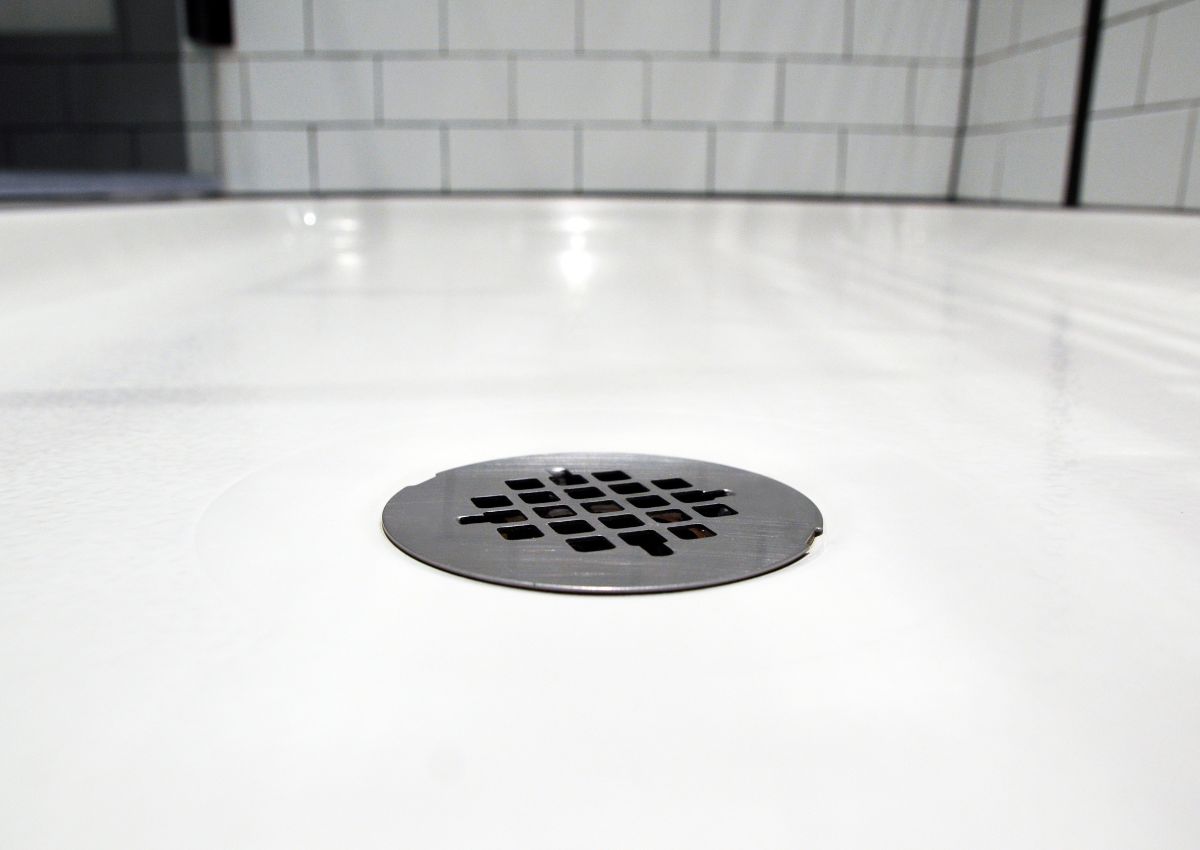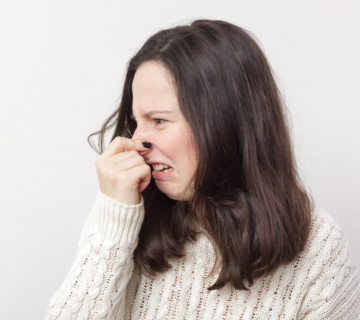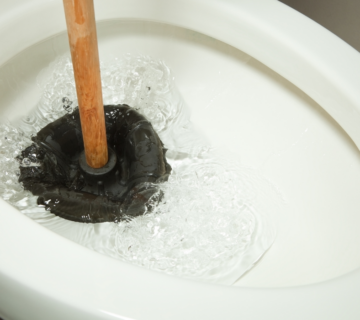Causes and Solutions For Nasty Drain Odors
Having a smelly drain in your home can be an unpleasant experience, and it’s often a sign of a more significant plumbing issue. Ignoring these odors can lead to further problems, such as health hazards and costly repairs. At Overall Plumbing, we understand the importance of addressing drain odors promptly and effectively. In this blog post, we’ll explore the common causes of drain odors and provide you with practical solutions to help you tackle this problem in Nampa, Idaho.
What’s That Smell?
- Dry P-Traps: P-traps are curved sections of pipe designed to hold water, creating a barrier that prevents sewer gases from entering your home. When water evaporates from the P-trap, it allows unpleasant odors to seep through.
- Clogged Drains: Over time, hair, soap scum, food particles, and other debris can accumulate in your drains, leading to clogs. These clogs trap water and organic matter, creating an ideal environment for bacteria growth, which can produce foul odors.
- Sewer Gas: If you notice a rotten egg smell in your home, it could be due to sewer gas leaking from your plumbing system. This gas is a mixture of hydrogen sulfide and other compounds produced by the decomposition of organic matter in the sewer.
- Biofilm Build-up: Biofilm is a slimy substance that forms on the walls of your pipes due to a combination of bacteria, minerals, and other organic matter. As it accumulates, it can produce unpleasant odors and contribute to clogs.
- Venting Issues: Proper venting is crucial for your plumbing system to function correctly. If the vents are blocked or poorly designed, it can cause sewer gases to back up into your home, resulting in foul odors.
Drain Odors: Solutions and Prevention
- Flushing P-Traps: If you suspect a dry P-trap is the culprit, simply run water in the affected drain for a few minutes to refill the trap and create a new water barrier.
- Drain Cleaning: For clogged drains, you can try using a plunger or a drain snake to dislodge the blockage. However, if the clog is stubborn or recurring, trust Overall Plumbing for prompt and professional drain cleaning services that keep your home flowing smoothly.
- Sewer Line Inspection: If you suspect a sewer gas leak, it’s essential to have one of our plumbers inspect your sewer line using specialized equipment, such as a camera inspection. We can identify any leaks, cracks, or other issues and recommend the appropriate repairs.
- Pipe Descaling: Biofilm build-up can be addressed through professional pipe descaling services. This process involves using specialized chemicals or mechanical tools to remove the buildup from the inside of your pipes, restoring proper water flow and eliminating odors.
- Venting Repairs: If your venting system is compromised, a plumber can inspect and repair or replace any damaged or improperly installed vents, ensuring proper airflow and preventing sewer gases from backing up into your home.
- Regular Maintenance: Practicing good plumbing maintenance habits can go a long way in preventing drain odors. This includes regularly running hot water through seldom-used drains, using drain covers to catch hair and debris, and avoiding pouring grease or oil down your drains.
At Overall Plumbing, we understand the importance of maintaining a clean and odor-free home. Our team of experienced plumbers in Nampa, Idaho, is equipped with the latest tools and techniques to diagnose and resolve drain odor issues promptly and effectively. Don’t let unpleasant smells linger in your home – contact us today at 208-442-3010 to schedule a consultation or request emergency plumbing services.
FAQ:
Q: Why do my drains smell bad? A: There are several potential causes for smelly drains, including dry P-traps, clogged drains, sewer gas leaks, biofilm build-up, and venting issues. Identifying the root cause is crucial to resolving the problem effectively.
Q: Can I fix a smelly drain myself? A: While there are some DIY solutions you can try, such as flushing P-traps or using a plunger for minor clogs, more severe or recurring issues may require the expertise of a professional plumber.
Q: How often should I have my drains cleaned? A: The frequency of drain cleaning depends on various factors, such as household size, usage patterns, and the age of your plumbing system. As a general guideline, it’s recommended to have your drains professionally cleaned every 18-24 months to prevent clogs and odors.
Q: Can drain odors be harmful to my health? A: While mild drain odors may not pose an immediate health risk, prolonged exposure to sewer gases, such as hydrogen sulfide, can cause respiratory issues, nausea, and other health problems. It’s essential to address the source of the odor promptly.
Q: How can I prevent drain odors in the future? A: Regular maintenance, such as running hot water through seldom-used drains, using drain covers to catch debris, and avoiding pouring grease or oil down the drains, can help prevent future drain odors. Additionally, scheduling professional drain cleaning services can ensure your plumbing system remains in optimal condition.
By following the tips and solutions outlined in this blog post, and seeking professional assistance when needed, you can effectively identify and tackle drain odors in your Nampa, Idaho home. Remember, a clean and odor-free plumbing system not only enhances your living environment but also helps prevent more significant and costly issues down the line.
If you need help with your drain, call Overall Plumbing in Nampa at 208-442-3010, or schedule online. Our experienced and licensed plumbers are ready to provide prompt and professional service for all your drain cleaning and repair needs.




No comment